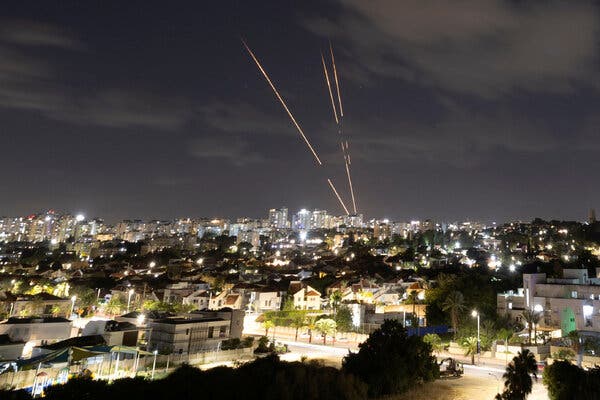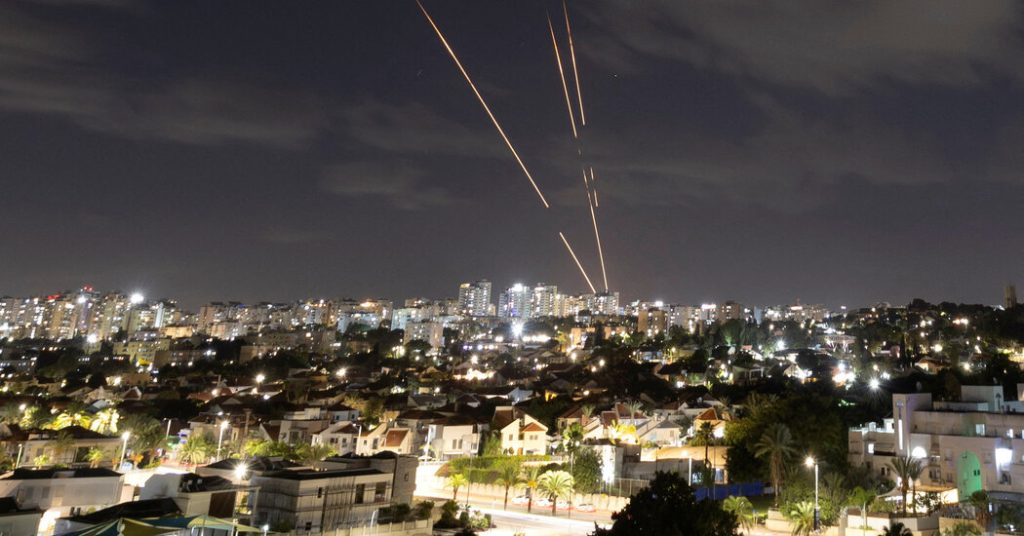Advertisement
SKIP ADVERTISEMENT
Supported by
SKIP ADVERTISEMENT
DealBook Newsletter
What an Escalating Middle East Conflict Could Mean for the Global Economy
The biggest risk is a sustained increase in oil prices.

Sarah Kessler and Tania Ganguli
For nearly a year since the Hamas attack on Israel on Oct. 7 and the start of the fighting in Gaza, investment strategists have warned that a wider war could break out in the Middle East, crimping the world’s oil supply and sending shock waves throughout the global economy.
The markets have generally shrugged off the potential of a broader conflict: The price of oil has remained largely subdued over the past year, with traders reassured by the world’s plentiful supply.
But after Iran launched a barrage of missiles at Israel on Tuesday, oil prices began to rise as the market appeared to factor in the risk of a growing regional conflict. After President Biden said on Thursday that there had been “discussions” about support for an Israeli attack on Iran’s oil facilities, the price of Brent crude, the global oil benchmark registered its biggest weekly gain in more than a year.
“Investors are finally paying attention to the Middle East after having decided it wasn’t going to move the needle,” said Tina Fordham, a former chief global political analyst at Citi who now runs an independent consultancy.
“It’s not a perfect storm yet,” she said, “but it’s a constellation of risks coming together at a time when market systems still haven’t gotten comfortable that we’ve avoided a hard economic landing.”
Everyone is watching Israel’s next move. Attacking Iran’s oil infrastructure or nuclear facilities, for example, would intensify the conflict. Biden has said he will not support an attack on Iran’s nuclear sites, and yesterday cautioned Israel against hitting Iran’s oil fields. “The risk is not zero, which means it’s high enough to consider different scenarios that range from all-out conflict that curtails energy access to a peaceful off-ramp,” said Ronald Temple, the chief market strategist for Lazard’s financial advisory and asset management business.
We are having trouble retrieving the article content.
Please enable JavaScript in your browser settings.
Thank you for your patience while we verify access. If you are in Reader mode please exit and log into your Times account, or subscribe for all of The Times.
Thank you for your patience while we verify access.
Already a subscriber? Log in.
Want all of The Times? Subscribe.
Advertisement
SKIP ADVERTISEMENT
Source: https://www.nytimes.com









More Stories
India Plane Crash: What Investigators Might Examine
Washington Post Cancels Ad From Groups Calling for Trump to Fire Musk
As Trump Attacks D.E.I., Some on the Left Approve